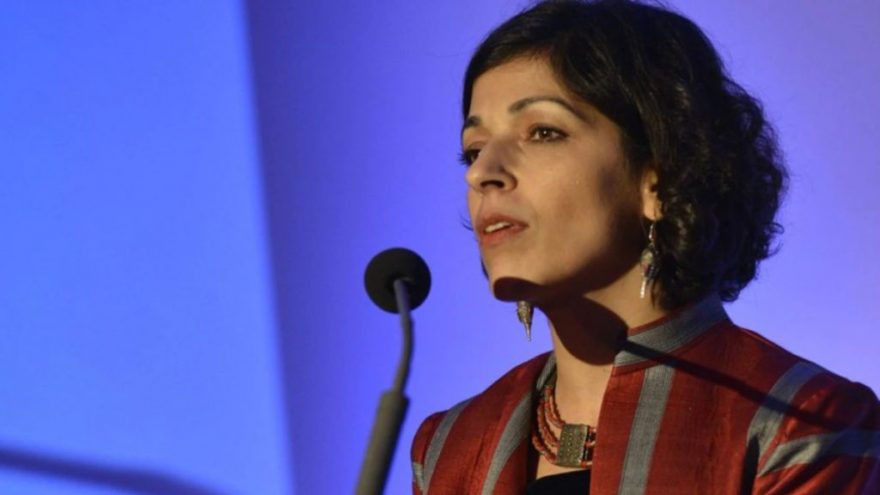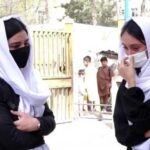The US special envoy for Afghanistan’s women, girls and human rights, Rina Amiri, said that at an Iftar dinner ambassadors from Muslim-majority countries “agreed that the Muslim world must champion the rights of Afghan women and girls.”
Amiri said that depriving women of work and girls of education is not seen in any Islamic country.
“Taliban policies denying girls and women education and jobs aren’t seen in any other Muslim-majority country,” she said on Twitter. “Discussed challenges in Afghanistan with Nordic partners, including ban on girls return to schools and attacks targeting Hazaras. Agreed on importance of unity in pushing the Taliban to reopen schools and demanding protection of all Afghans, particularly ethnic and religious minorities.”
Schools have remained closed for female students above grade six for more than eight months.
“We are happy about any meetings and efforts made in support of reopening the schools for girls. The Islamic countries have a direct impact on the Taliban because they are citing their sources from Islam,” said Naveeda Khurasani, a female rights activist.
“I hope the stance made regarding supporting Afghan women is sincere and causes an intense pressure on the group ruling Afghanistan,” said Marriam Marouf, a women’s rights activist.
This comes as female students above grade six called on the Islamic Emirate to reopen their school.
“We were happy this Eid that the Islamic Emirate might give us news about the reopening of school for girls, but unfortunately there is no news thus far,” said Sofia, a student.
The banning of girls from going to school has faced strong reactions inside and outside the country.
Over the past months, several countries, international organizations and religious clerics from across the world called for the reopening of schools for female students in grades 7-12.













